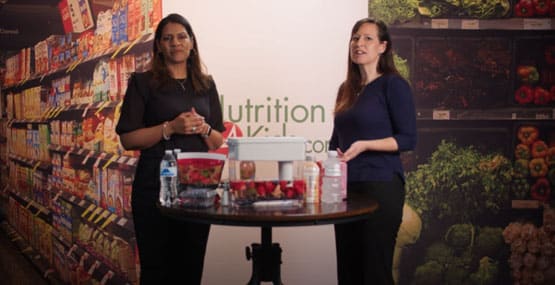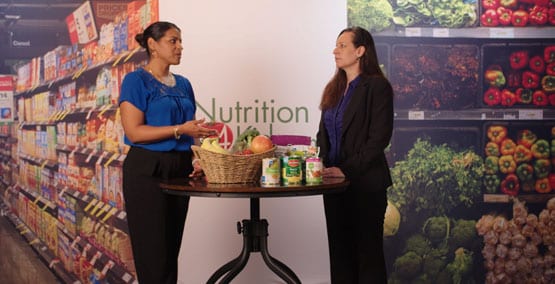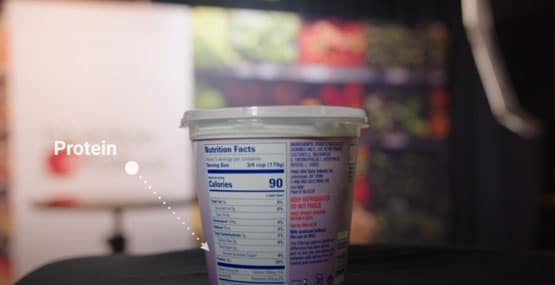
6 hacks and tips on shopping for fruits and vegetables
Everybody knows that fruits and vegetables are an important part of maintaining a healthy diet. These colorful and nutrient-rich foods provide essential vitamins, minerals, and fiber that support overall health. By understanding how to select and prepare them, you can make the most out of your grocery shopping and helping everyone enjoy them. These 6 tips will help you and so will our Shopping for Fruits and Vegetable video.
- Variety is key: When shopping for fruits and vegetables, aim for a variety of colors and types. Different colors indicate different nutrients, so selecting a range of colors ensures you're getting a wide array of essential vitamins and minerals. Include options like leafy greens (spinach, kale), citrus fruits (oranges, grapefruits), berries (strawberries, blueberries), and vibrant vegetables (carrots, bell peppers). This variety will not only add interest to your meals but also provide a whole range of the nutrients your family needs.
- Fresh is best: Opt for fresh fruits and vegetables whenever possible. Fresh produce tends to be more flavorful and packed with nutrients. Look for firm and vibrant fruits without bruises or blemishes. For vegetables, choose those with crisp leaves or firm texture. Shopping at local farmers' markets or farm stands can often offer fresher produce, as they are sourced locally and in season.
- Seasonal and local: Shopping for seasonal and local fruits and vegetables offers numerous benefits. Seasonal produce is typically more affordable and abundant, making it a budget-friendly option. Additionally, local produce is often fresher, as it doesn't have to travel long distances. Check with your grocery store or farmers' market to find out what's in season in your area. Embrace the flavors of each season while supporting local farmers.
- Frozen and packaged: When fruits and vegetables are out of season, some grocers will still have them in stock, because they're grown and shipped from other areas, often other countries. But if you can't find them at reasonable prices, it's safe, affordable and nutritious to rely on frozen fruits and vegetables. They're usually picked and packaged at the peak of freshness and last a long time in the freezer. They're particularly good blended in smoothies and popsicles, allowing your kids to drink they're vegetables or enjoy them in a way they'll find fun.
Canned vegetables and fruit containers for easy serving are other convenient choices, and healthy too if the fruits are packed in water and not syrup or with added sugar; and if the veggies don't have salt and other additives.
- Organic or conventional: You may come across both organic and conventional produce options. Organic fruits and vegetables are grown without chemical pesticides or fertilizers. While organic produce can be a good choice, it may be more expensive. If budget is a concern, conventional produce is still a nutritious option. Regardless of whether it is organic or conventional, washing all produce thoroughly before consumption is important to remove any dirt or residue.
- Planning and storage: To avoid food waste, plan your meals and snacks ahead of time. Make a list of the fruits and vegetables you need, taking into account your planned recipes and desired snacks. Proper storage is also essential to maintain freshness. Some fruits and vegetables are best stored in the refrigerator, while others should be kept at room temperature. Consult online resources or ask a store employee for guidance on storing specific items.
Conclusion: Shopping for fruits and vegetables can be an enjoyable and nutritious experience—and it can be a great learning experience for kids. Aim for variety, and prioritize seasonal and local produce when you can. Whether you choose organic or conventional, practicing proper storage and planning meals will help you make the most of your fruits and vegetables, promoting a healthy and balanced diet. Remember to check out our Shopping for Fruit and Vegetable video for more tips.





